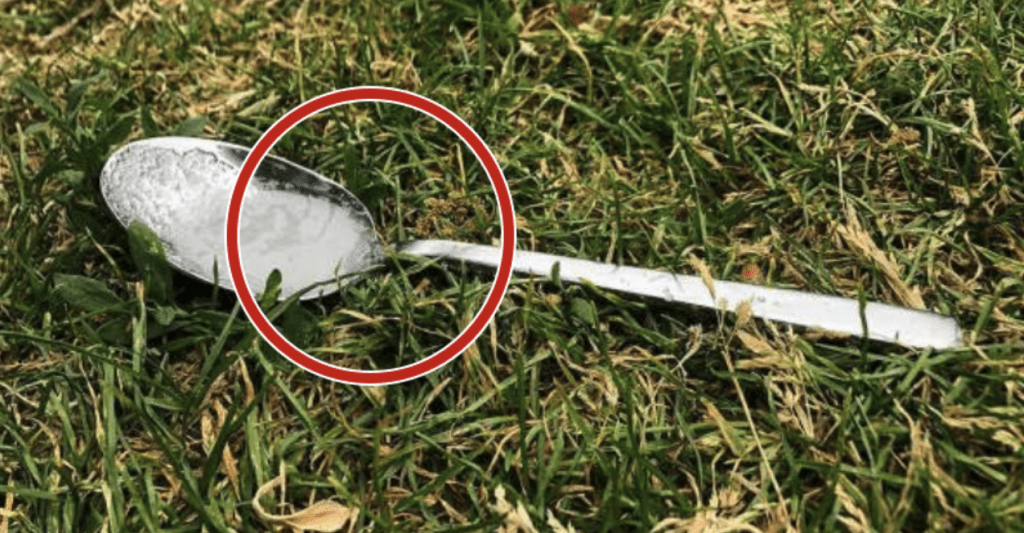In recent years, alarming reports of declining bee populations have sounded alarms around the globe. However, one simple solution has emerged that anyone can implement to make a real difference: providing exhausted bees with a spoonful of sugar water.
This easy, accessible remedy was sparked by a viral social media post from fans of renowned broadcaster David Attenborough. The post urged people to help save bees by offering them a sweet, life-saving pick-me-up. Since then, a global movement has taken flight, with bee enthusiasts worldwide sharing heartwarming images of bees sipping from spoons filled with sugar water.

But why is this small act so crucial for bee conservation? Let’s dive into the science behind this buzz-worthy solution and explore how everyone can become an everyday bee guardian.
The Plight of the Pollinators: Understanding Bee Decline
Bees play a vital role in the delicate balance of our ecosystems, serving as the primary pollinators for around 80% of the world’s flowering plants. Without bees, the food sources that sustain human life would be severely compromised. In fact, it’s estimated that bees are responsible for one in every three bites of food we consume.
However, bee populations have been in steep decline in recent years, with some regions reporting losses of up to one-third of their bee colonies. This alarming trend is attributed to a complex web of factors, including:
Colony Collapse Disorder
A mysterious phenomenon known as “colony collapse disorder” has seen healthy bee colonies simply vanish, with the worker bees abandoning their hives and never returning. The causes of this disorder remain largely unknown, though pesticide use, disease, and environmental stressors are believed to play a role.
Habitat Loss
As urbanization and industrial agriculture have expanded, the natural habitats and diverse forage sources that bees rely on have dwindled. This loss of their essential living and feeding grounds has proven devastating for bee populations.
Parasitic Infections
Varroa mites and other parasites have ravaged bee colonies, weakening the insects and making them more susceptible to disease and environmental stressors.
Climate Change
Shifting weather patterns and rising temperatures disrupt the delicate balance of bee ecosystems, affecting their ability to thrive and pollinate.
The Sweet Solution: Reviving Exhausted Bees with Sugar Water
In the face of these complex challenges, the simple act of providing tired bees with a sugar water solution has emerged as a powerful, accessible way for everyone to make a difference.

Understanding the Bees’ Needs
Bees, like all living creatures, require a steady supply of energy to fuel their essential activities. In the wild, they obtain this energy from the nectar of flowering plants, which they then transform into honey for storage and later use.
However, there are times when bees may become exhausted, especially during periods of limited food availability or extreme weather events. When bees are too weak to return to their hives, they risk being swept away, never to rejoin their colonies.
The Science Behind the Sugar Solution
That’s where the sugar water solution comes into play. White, granulated sugar (sucrose) provides a readily available source of carbohydrates that can quickly revive and rehydrate a tired bee. The simple mixture of two tablespoons of sugar dissolved in one tablespoon of water mimics the natural nectar that bees consume, giving them the boost they need to regain their strength and return to their hives.
Putting the Solution into Practice
The process is straightforward: simply mix the sugar and water, pour the solution onto a spoon, and gently offer it to any exhausted bees you encounter. Be patient and allow the bees to drink at their own pace – they’ll let you know when they’ve had their fill.
This small act of kindness can make a big difference, not just for the individual bee but for the broader ecosystem. By providing a life-saving pick-me-up, you’re helping to sustain bee populations and ensure the continued pollination of the plants we all depend on.
Becoming a Bee Guardian: How Everyone Can Help
While the sugar water solution is a quick and easy way to make an immediate impact, there are other steps everyone can take to support bee conservation efforts.
Plant Bee-Friendly Forage
Dedicate a portion of your garden or outdoor space to cultivating native, bee-friendly plants that provide nectar and pollen throughout the growing season. This helps ensure a reliable food source for local bee populations.
Avoid Pesticide Use
Many common pesticides and herbicides are highly toxic to bees and other pollinators. Opt for organic, bee-safe alternatives or explore natural pest control methods to protect your local bee communities.
Support Sustainable Agriculture
Seek out and support farmers and food producers who prioritize sustainable, bee-friendly practices, such as crop rotation, cover cropping, and the integration of wildflower habitats.
Spread Awareness and Advocate for Change
Share the importance of bee conservation with your friends, family, and community. Encourage local policymakers to implement bee-friendly policies and work towards protecting these vital pollinators.
Conclusion: A Sweet Solution to a Global Challenge
The plight of the world’s bees is a complex, multifaceted issue, but the simple act of providing exhausted bees with a spoonful of sugar water can make a real and immediate difference. By taking this small, accessible step, everyone can become an everyday bee guardian, playing a vital role in sustaining the pollinators that are essential to the health of our planet and our food systems.
So, the next time you encounter a tired bee, remember the power of a sweet solution. With a little sugar and a whole lot of heart, you can help revive the bees and contribute to a more vibrant, sustainable future for all.


